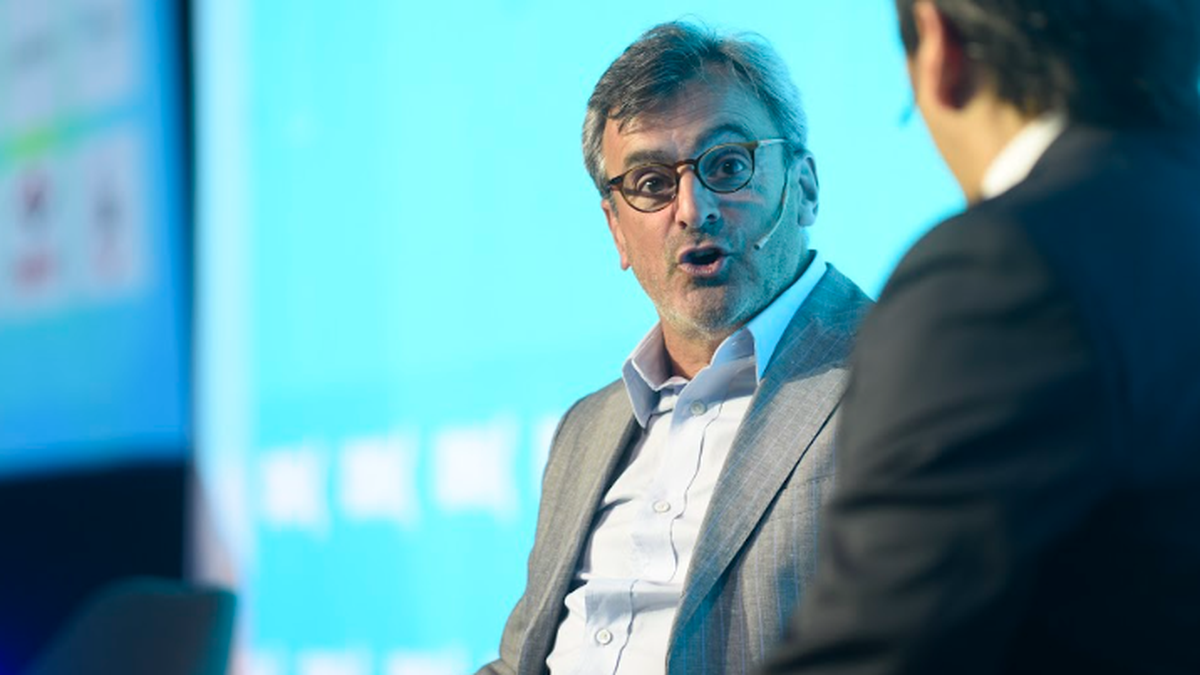Letting ourselves be surprised by the environment and by others, that is living, on the other hand phrases such as “be happy”, “live your life”, They are ways of referring to death without naming it, which is why they sometimes have the opposite effect than expected.
What we observe with the increase in life expectancy is that there are more factors that can result in depression and nostalgia.
It is true that we live in a time in which everyone wants to be young and look like it; This is due to a bad relationship with one’s own future, with the decisions made, which is why one feels nostalgia for what has not happened. On the other hand, depression is the result of the loss of what was considered one’s own.
Being young does not guarantee vitality or enthusiasm to the point that many young people today live depressed due to their lack of projects.
Why would someone satisfied with what they have experienced want to be young? Why would someone who is still creative and enthusiastic want to go back to the past?
There is a social idealization of youth without understanding how difficult youth can be for young people who doubt their destiny, their vocation, their sexual choice.
Once we are born, not only does life throw us into growth and maturation, but also into aging. Therefore, the fear of aging should arise in the first months of life and yet it arises towards the middle of life when we begin to observe the marks of what youth hid: for example, all our lives we change our skin and Nobody notices it until it dries out; Our hair always falls out, but we notice it when the mirror shows baldness.
This leads many people to become addicted to the consumption of creams and cosmetics as if they guaranteed eternal youth.
With the prolongation of life many prejudices fell, and today at 60 new life projects are faced.
older adults
telam
Today a large number of people in the world continue their social, work and sexual activity even into their 90s. Therefore, there is no single old age, but each aging is unique and specific to each person in relation to their desire to live and their potential to do things and not isolate themselves.
In general, we all want to be long-lived, but those who suffer from illnesses and chronic pain and depressive states look for ways to live a short life, for example, by not taking care of their physical and mental health. And although some ailments are typical of old age, this is not always the case, since pain and illness can appear at any time in life, which is why human beings are vulnerable from the very moment of our pregnancy.
Let’s look at another aspect: the recommendation to take certain herbs, certain vitamins, eat some foods and not others as a way to stop time and sustain brain activity. The beneficial effect of these recommendations is undeniable, but they do not take into account what we call spirit, humor, the desire to live, which are unique factors of each person and are preserved with what for Freud motivated the feeling of life: work and love.
What happens when there is no longer work, vocation, or love? The ideal of the couple, friendship and profession falls “forever”. The experience of the transitory appears.
That’s why those people who don’t cling are happier. in eternum to a person or activity, but, when dealing with losses such as widowhood, they can look for permanent or temporary companions. Accepting the transitory is also accepting that people come and go in life and that it often happens that a girlfriend lost in youth ends up being a companion in old age or that a neighbor in the park can be someone to talk to for long hours.
So when we talk about longevity we mainly talk about the meaning that life acquires for each of us.
There are several social phenomena that arise from changes in families. For example, loneliness and isolation. When families lived together with grandparents, they were accompanied; today, small apartments and the pace of work mean that the elderly live alone or require care in protected housing.
One of the advantages of protected housing is the socializationthe possibility of talking to others or simply not eating alone.
Another way to accompany yourself and have responsibility for your life are pets. Pets are fed, bathed, cared for and that makes you feel that you are still important to someone while you caress the animals, hug them and even sleep with them.
I don’t want to leave aside the Psychological aspects of longevity. One of the traumas of longevity is the mirror that returns an image that does not feel like one’s own. Someone feels young, but looks in the mirror and doesn’t recognize themselves. It is common to hear: That is not me.
Obviously, our body changes constantly, which is why we have conflicts with the body in adolescence, in menopause and andropause, and also in old age. Just as a teenager feels his legs stretching, so an old man feels his body shrinking.
Now, I would like to distinguish what happens at 50, at 60, at 70 and from then on.
Because the aging It begins to be perceived around 50 and from then on some vital positions are modified.
50 marks the end of youth, mark the growth of children if there are any and the changes that this produces in the couple’s relationships. Birthdays of 15 or children entering college make visible the changes in oneself and in future generations.
With the decline of desire, “lovers” usually appear who serve to restore it and to not raise awareness of individual and family changes.
At 60 you start thinking about retirement and at 70 you decide whether or not to continue working.
Added to these situations are illnesses, separations, widowhood and in many cases loss of friends. For these reasons, the transition between 70 and 80 years is more difficult. However, those who remain active and interested feel like participants in society. Today many people reach ninety years of age and in many cases with joy and vitality.
President of the Argentine Psychoanalytic Association.
Source: Ambito
David William is a talented author who has made a name for himself in the world of writing. He is a professional author who writes on a wide range of topics, from general interest to opinion news. David is currently working as a writer at 24 hours worlds where he brings his unique perspective and in-depth research to his articles, making them both informative and engaging.




